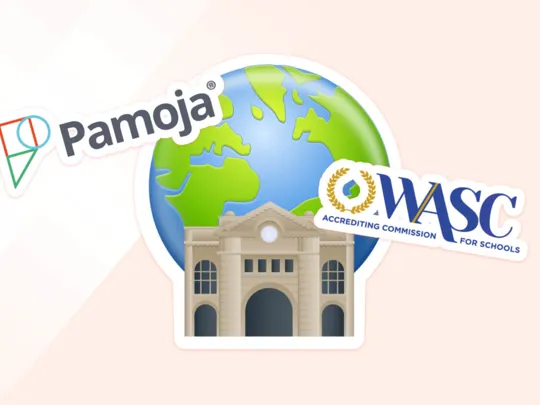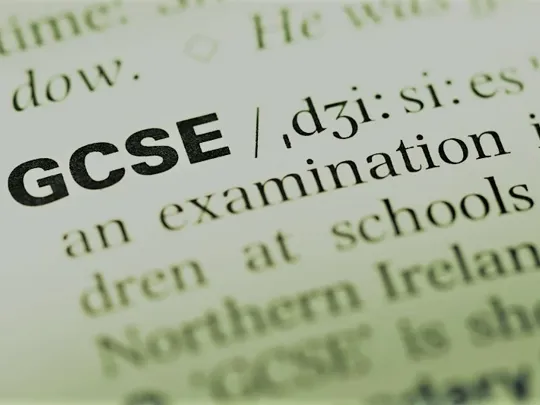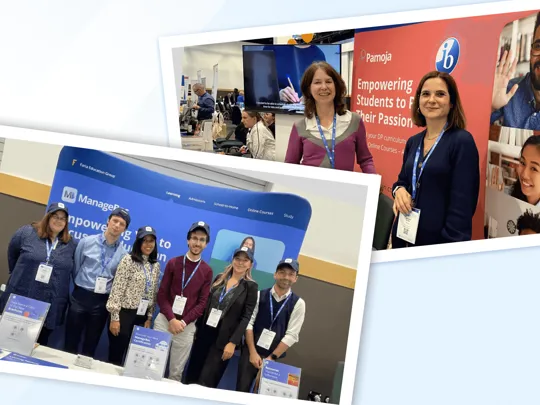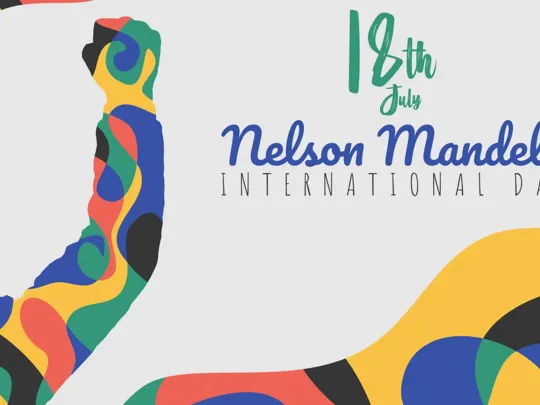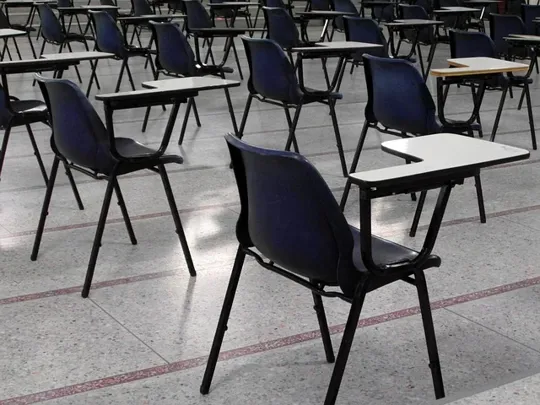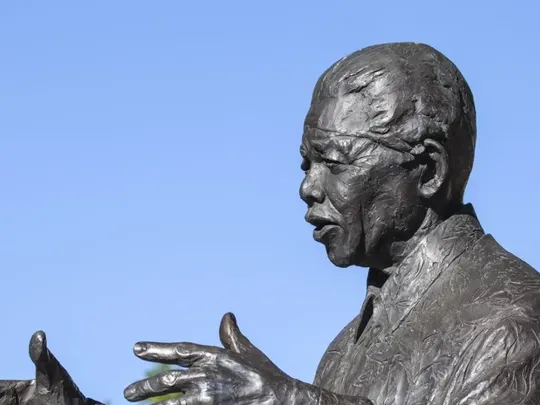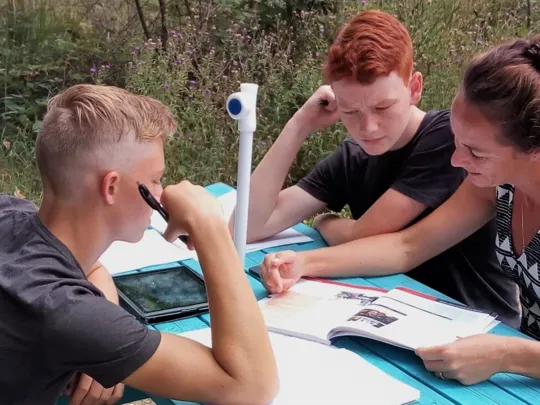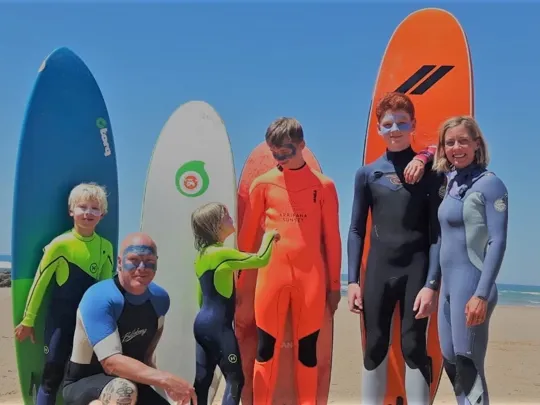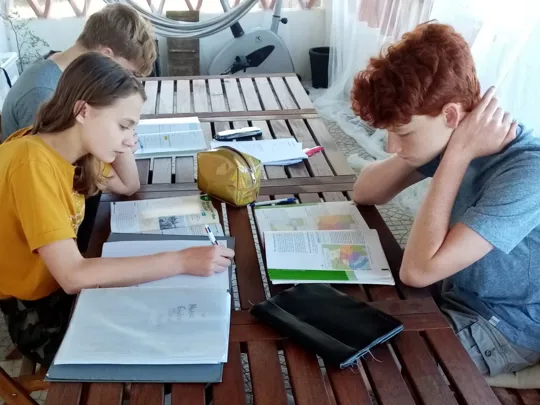Pamoja has been working with International Baccalaureate (IB) schools across the globe for almost a decade. We’ve been listening to feedback from the IB community, and understand how difficult it can be to successfully embed Theory of Knowledge (TOK) in your school.
TOK is a core component of the Diploma Programme (DP) and Career-related Programme (CP), which is central to the IB philosophy and often cited as significant in the development of students’ essential skills.
It provides students with an unparalleled opportunity for reflection, making ‘thoughtful and purposeful inquiry into different ways of knowing, and into different kinds of knowledge’. When taught well, Theory of Knowledge can be instrumental in forming internationally-minded, responsible young learners, capable of great success and vast understanding.
Why schools can struggle to embed Theory of Knowledge
However, TOK teaching experience is essential to the successful delivery of the subject. Many teachers who are either newly qualified or new to the IB often need additional guidance, preparation or training in teaching TOK. Whilst low confidence partly stems naturally from inexperience, educators also acknowledge the need for a relatively strong understanding of all DP subjects.
This is because the Theory of Knowledge course encourages students to find connections between disciplines, promoting transcendence of academic subject areas. If teachers do not have a good command of the Diploma Programme, they will require a high level of peer support as well as professional development to ensure they can hone their grasp of the wider curriculum.
Furthermore, assessment of Theory of Knowledge can be problematic. TOK student work is by nature difficult to grade and provide feedback on, and therefore standardising grading between teachers can be challenging for school leaders.
As a TOK teacher, how do you find a level of assessment that works well for all students – especially when there can be vast differentiation in the classroom between those who are naturally more inclined to philosophical thinking, and those who are more pragmatic?
As TOK assessment is split between an internal oral presentation and an external essay, inaccurate internal grading can result in variations between the respective results. This uncertainty around grading, coupled with the time it takes to provide feedback, means teachers can suffer a significant increase in workload and their stress levels. This creates issues for school leaders and ultimately has a detrimental effect on student outcomes and wellbeing.
Again, this is particularly prevalent with inexperienced teachers, who may experience difficulties in setting objectives to monitor students’ progress towards a standard goal.
Many schools also report difficulties in timetabling TOK classes. Its status as a component of the DP Core can lead to large class sizes that make it challenging for teachers to provide personalised support to their students.
How can schools tackle these issues with Theory of Knowledge?
These challenges are certainly not new, and schools around the world are already using great solutions to overcome them. For example, the IB offer specific professional development for TOK teachers, and many schools are using the ManageBac system to manage the administration of the core.
At Pamoja, we’re utilising technology to address schools’ needs with two solutions. Our School Taught TOK lesson plans and assessment materials provide teachers with all the resources they need to deliver the subject at a high standard, whether they are a TOK specialist or not. This means schools can run more classes, with fewer pupils. Students can also access content online outside of the classroom, adding flexibility to timetables and creating more synergy between classes.
We also offer Theory of Knowledge as a Pamoja Online Course, so students can study the subject fully online, taught by our experienced teachers and accessed via our online learning platform. It’s a simple way to implement the subject in your school, without having to deal with recruitment and timetabling challenges.
What has your experience been of embedding Theory of Knowledge in your school? We’d love to hear your thoughts – please share them with a member of our team today.










